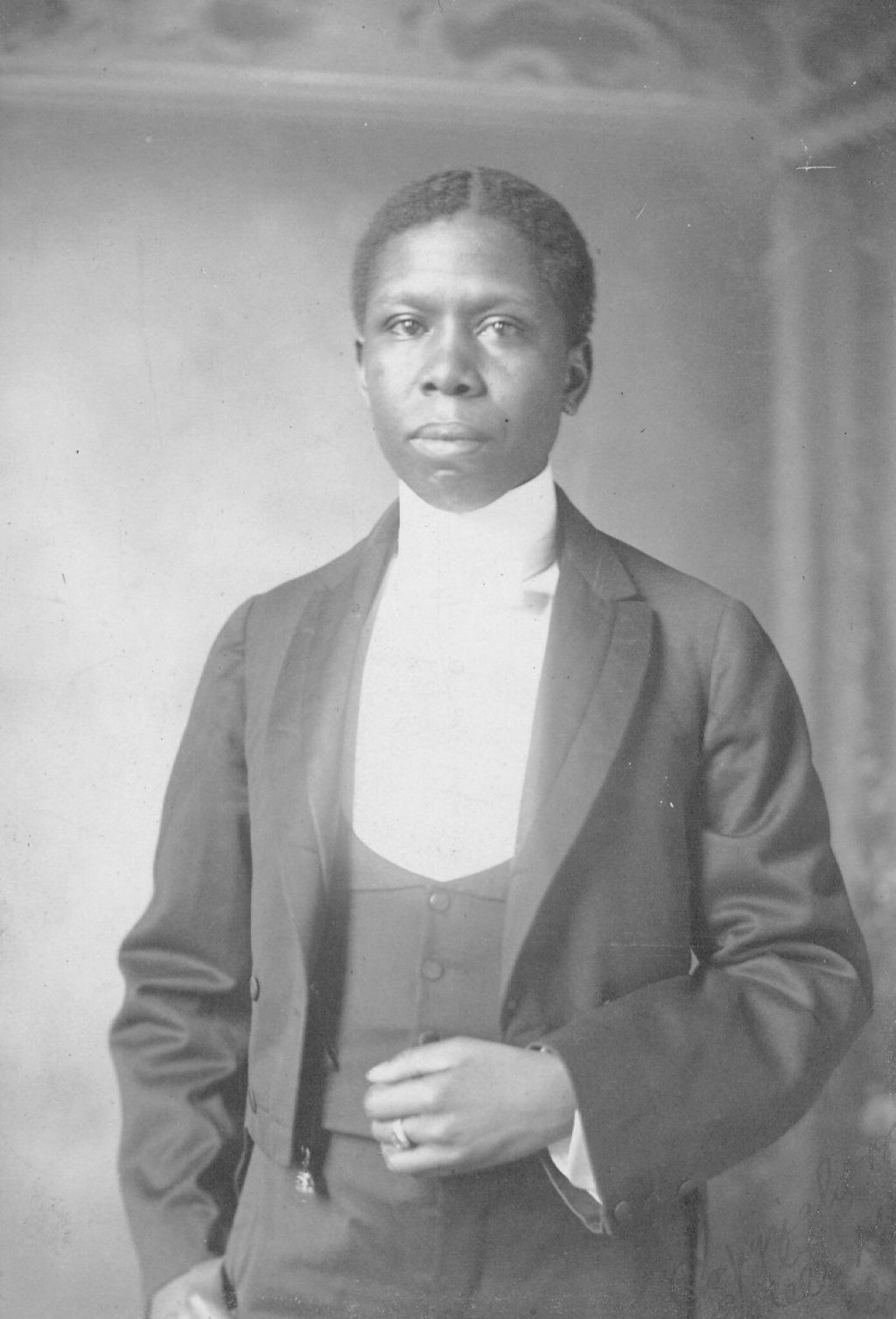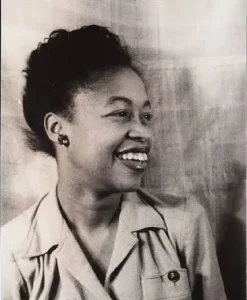Paul Laurence Dunbar: The Voice Who Dreamed Beyond His Time
2 min read
Paul Laurence Dunbar (1872–1906) was a literary trailblazer, becoming one of the first African American poets to gain national and international recognition. Born to formerly enslaved parents in Dayton, Ohio, Dunbar’s early life was shaped by both hardship and ambition. He published his first poems while still in high school, and by his early twenties, his work was appearing in leading American newspapers and literary journals.
Dunbar wrote in both standard English and African American dialect, capturing the complexities of Black life in post–Civil War America. His ability to move fluidly between forms allowed him to reach audiences across racial and cultural lines — a rare feat at the time. His poetry explored themes of love, resilience, racial identity, and the tension between hope and struggle.
One of his most enduring qualities was his unshakable belief in the power of dreams. Whether writing about joy or hardship, Dunbar’s verses often carried a quiet optimism, as though reminding his readers that the human spirit could endure storms and still steer toward the light.
Though his life was cut short at 33 by tuberculosis, Dunbar left behind a remarkable body of work, including poetry collections, novels, short stories, and essays. His influence can be traced in the works of later writers such as Langston Hughes, Maya Angelou, and countless poets who continue to find inspiration in his voice.
Notable Works:
- Lyrics of Lowly Life (1896)
- The Sport of the Gods (1902)
- The Complete Poems of Paul Laurence Dunbar (1913, posthumous)
Dunbar’s voice was, and remains, a bridge — between generations, between communities, and between the harsh truths of life and the dreams that help us endure them.








